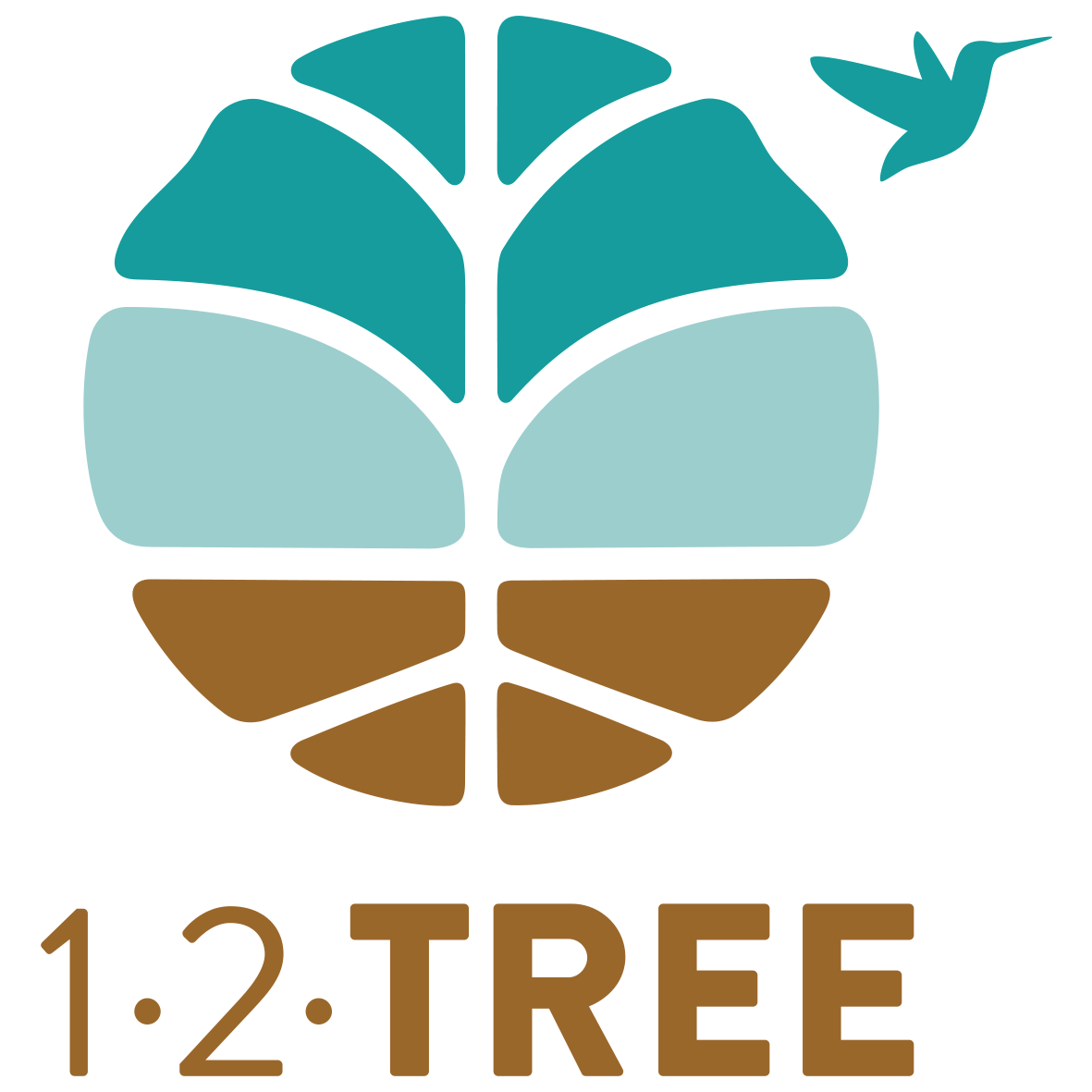Agricultural intensification has resulted in the rapid loss of natural habitats and increased disparities in social well-being. In many rural areas, the promise of employment opportunities and economic development has not lived up to the costs of land conversion and compromised ecosystem services.
Crops and raw materials produced in the world’s rural areas now feed and sustain an increasingly urbanized and globalized population. On the one hand, commodity agriculture has made food more affordable and accessible. On the other hand, the very principles that underlie commodity agriculture- efficiency, economies of scale, and cost minimization- are often associated with a “race to the bottom” where low prices are achieved at high environmental and social costs. Some of the obvious losers in this game are family farmers, who are forced to compete in a heavily distorted market with ever declining margins, or worse- abandon farming altogether. Similarly, agricultural workers have become an undervalued and expendable aspect of conventional farming, often laboring under difficult or dangerous conditions for low wages.
12Tree’s mission to de-commoditize agriculture is founded in the belief that agricultural workers, farmers, and rural communities are the foundation of global value chains and are essential for climate adaptation. By investing in resilient, sustainable farming systems, we provide local communities with dignified jobs, and local farmers with access to information and markets that allow them to continue to manage their farms and steward their land. By adapting our corporate vision to the specific context of each farm-and tracking our progress with on-going monitoring and well-defined metrics- we strive to achieve meaningful impacts on the well-being of workers, supplying farmers, and local communities.
In 2022, we strove to develop the policies, operational processes, and monitoring and reporting tools needed to ensure that our projects can be true drivers of positive social change. For example, to deepen our knowledge of the application of the High Conservation Value (HCV) approach - considered the international standard for safeguarding the rights of local communities, workers, and other stakeholders in land development projects - several team members participated in a licensed assessor certification course, enabling 12Tree to become officially recognized as a registered practitioner organization for the High Carbon Stock Approach and High Conservation Value Network (HCSA/HCVN). The ability to carry out HCV assessments is critical for our diligence and project development processes -ensuring that we consider the social value of the land in terms of ecosystem services, community needs, and cultural life- and will form the basis of operational strategies, such as shared resource management, capacity building, stakeholder engagement, and community investments.
Training and Certifying Skilled Workers in Chimelb
Finca Chimelb, located in Alta Verapaz, Guatemala, includes 2,500 hectares of cacao, coffee, plantain, rubber, and cardamom, and an additional 2,300 hectares of protected natural forest. The farm employs 400 workers, the majority from the Maya Q’eqchi indigenous communities surrounding the farm.
The region of Alta Verapaz has one of the highest rates of multidimensional poverty (80%) and food insecurity (65%) in Guatemala.2 3 In a remote and difficult to access region of the country, defined by smallholder agriculture, livelihoods can be particularly precarious. Educational attainment is low- with the average resident completing just 3-4 years of formal schooling- and access to professional or technical training is extremely limited.4 Many families rely on multiple sources of income to meet their basic needs, including managing small farms for subsistence and income while working as full time or seasonal laborers on large industrial plantations. Typical plantation jobs in the region provide low wages, few benefits, and minimal prospects for job mobility.
Finca Chimelb’s farm operator, has developed an innovative program to address the dual challenges of workers’ income and job mobility. Together with Intecap- a public institution dedicated to providing educational and professional training- our operator has developed a technical training program that certifies workers in agricultural activities such as pruning, harvesting, and processing. In the first phase of the program, Intecap carried out interviews and field observations to identify the different job profiles on the farm and create standards for the core skills related to each profile. In the second phase, all of the workers were evaluated with regard to these standards to identify which workers would benefit from additional training and capacity building. In February 2020, the first cohort of 120 workers successfully completed the program and received a certificate attesting to their competency in the skills related to their job profile. The impact of this program is three-fold. First, improved skills should enable workers to improve workplace safety and efficiency, in turn, reducing work-related risks and increasing productivity. Second, for a population hindered by a lack of access to education and professional development, the diplomas conferred are a meaningful indicator of technical capabilities that can support job mobility within Finca Chimelb, or in future job prospects. Third, the skills acquired by program participants will support them to manage their own farms more efficiently and with better awareness of how to incorporate climate resilient practices.
Finca Chimelb’s certification program is an excellent example of how 12Tree’s vision of positive community impact and capacity building can be achieved by collaborating with well-aligned partners to support farm workers’ needs.
HIGH CARBON STOCK is a methodology that distinguishes forest areas with high carbon and biodiversity values that should be protected, from degraded lands that are more apt for development.
HIGH CONSERVATION VALUE areas are defined as natural habitats of outstanding biological, ecological, social, or cultural values at the national, regional, or global level. (HCV Network, 2023)
This article is an extract of the 2023 12Tree Sustainability Update Report. Download the report to learn more about our progress and key impact areas.




